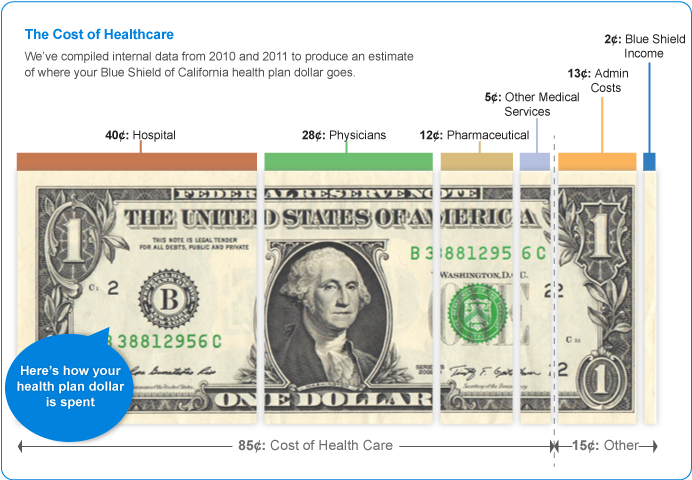Retiree_Having_Fun
Recycles dryer sheets
It was mentioned in a previous thread about funding health care with a sales tax - wondering is possible and what it would take.
Rough assumptions here. Median income in the US is around $32K. A silver plan (unsubsidized) plan for a 42 year old (avg working age) in the US is about $6k - which pays 70% actuarial value - so say $8,500 to really cover the cost.
Now assume the median person spends their whole paycheck with about 70% of that (excluding rent/mortgage) is already subject to an avg of about 5% sales tax (approx $21k *.05)
This means to cover the additional $8.5K - would have to raise the avg sales tax to about 40% plus whatever sales tax already exists. This assumes non working people (medicare/kids/non-working) are already covered somehow through existing taxes).
I think people under the 400% poverty level and early retirees that can control their MAGI would be better with the existing system.
Any comments/improvements to these quick assumptions would be appreciated.
I would propose a Sales Tax to pay for a universal health care system. I have no idea what percentage tax would be needed but everyone would be paying based on their spending.
Everyone would have access to health care. The world would continue to spin on its axis.
Rough assumptions here. Median income in the US is around $32K. A silver plan (unsubsidized) plan for a 42 year old (avg working age) in the US is about $6k - which pays 70% actuarial value - so say $8,500 to really cover the cost.
Now assume the median person spends their whole paycheck with about 70% of that (excluding rent/mortgage) is already subject to an avg of about 5% sales tax (approx $21k *.05)
This means to cover the additional $8.5K - would have to raise the avg sales tax to about 40% plus whatever sales tax already exists. This assumes non working people (medicare/kids/non-working) are already covered somehow through existing taxes).
I think people under the 400% poverty level and early retirees that can control their MAGI would be better with the existing system.
Any comments/improvements to these quick assumptions would be appreciated.

